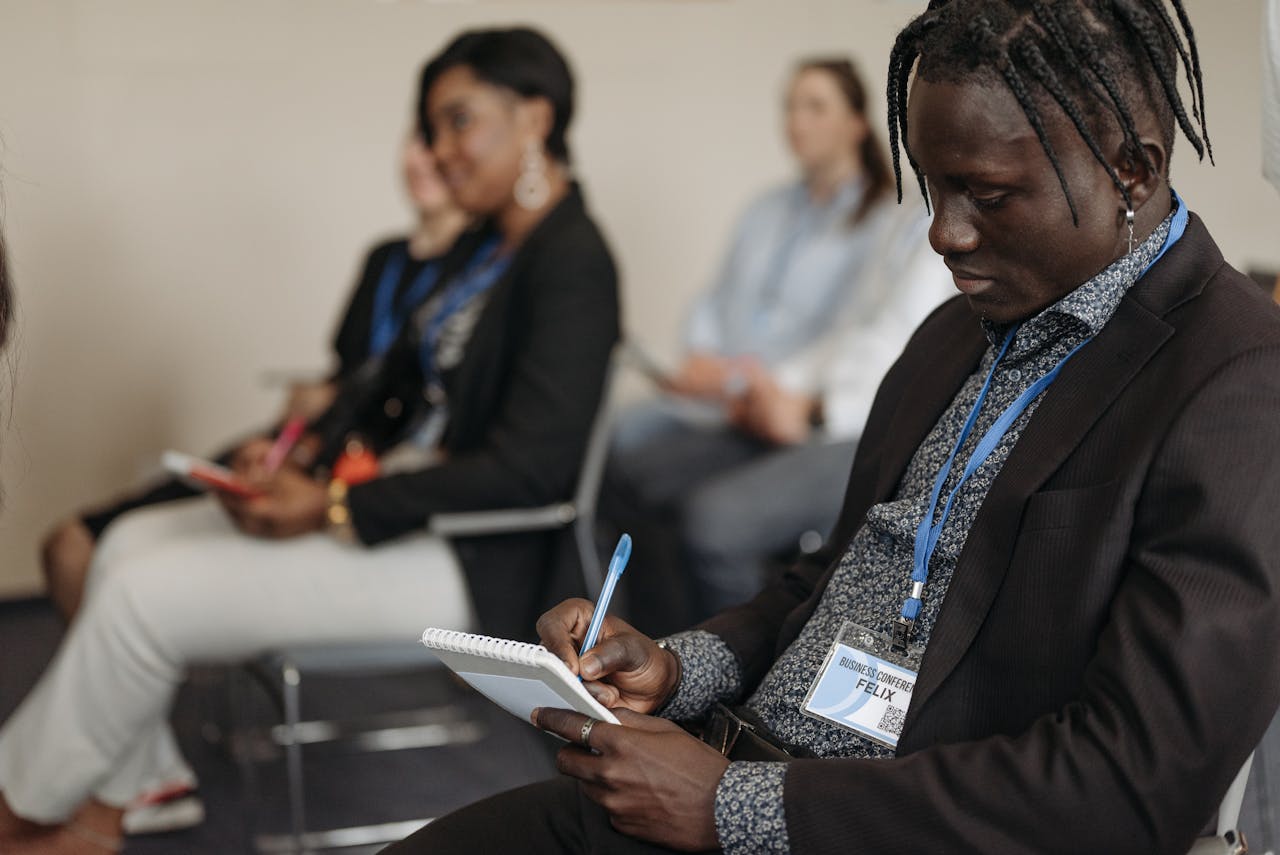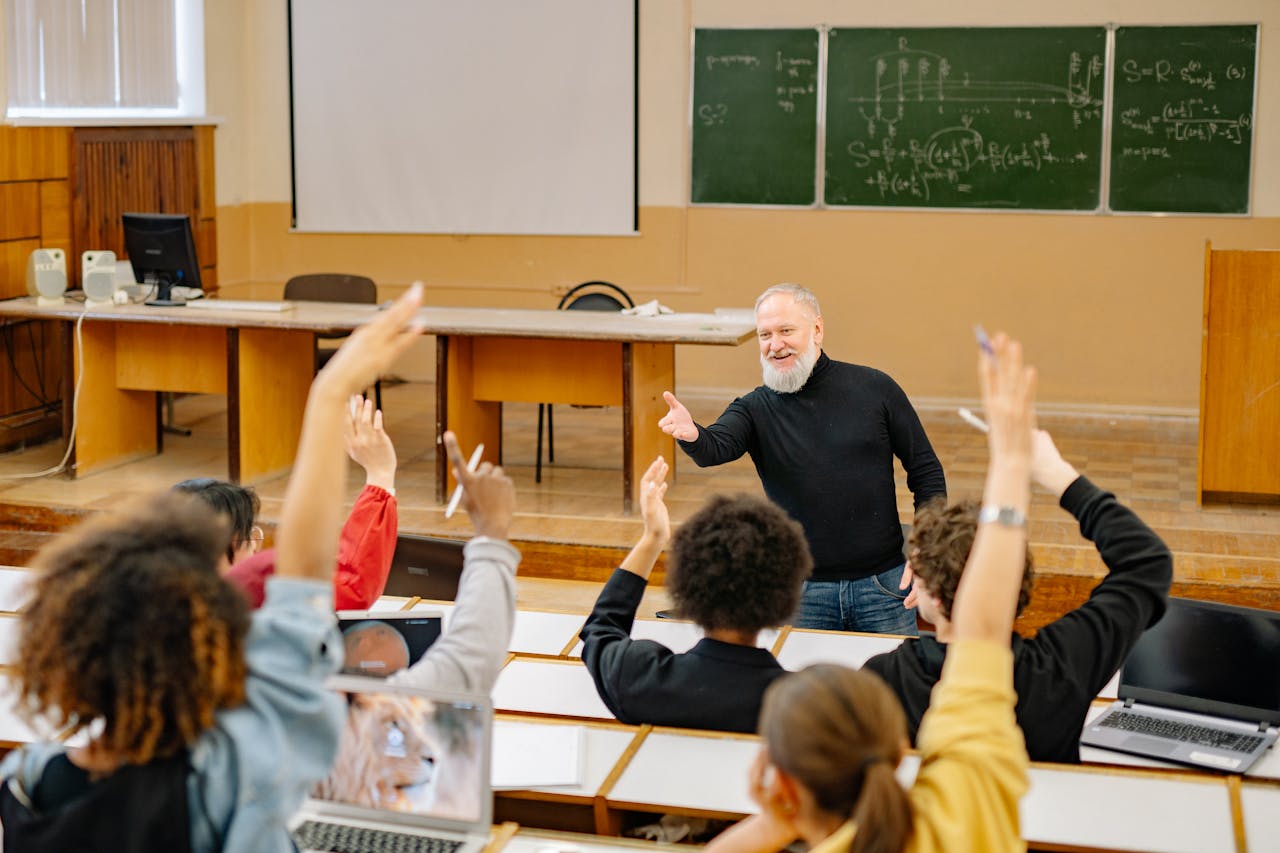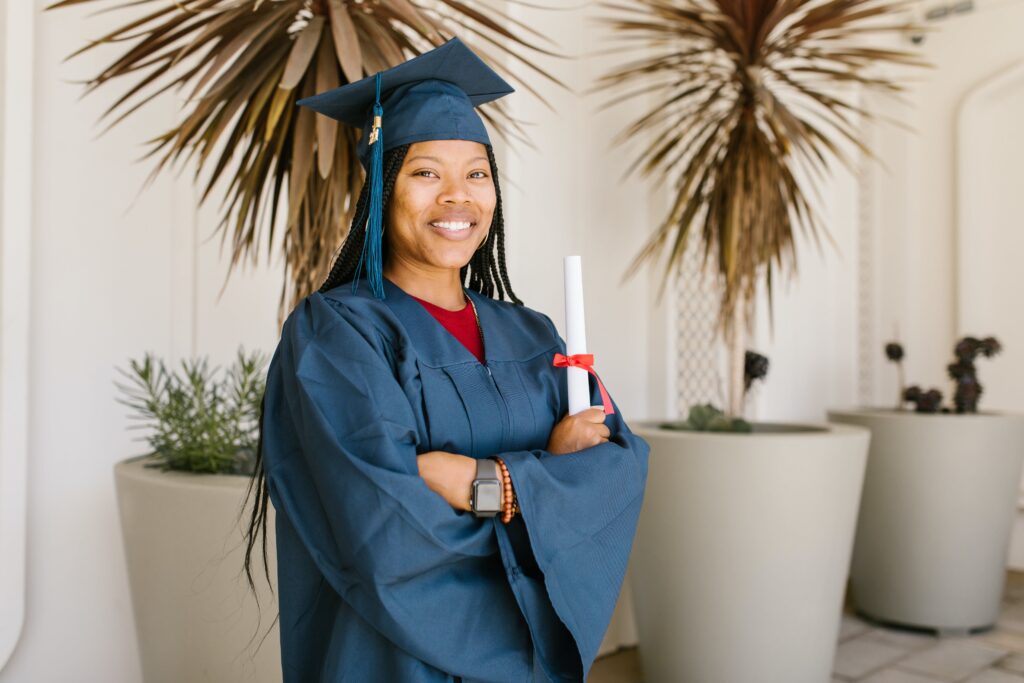Did you know that professionals who regularly analyze their experiences can improve their job performance by up to 23%? This isn’t just about working harder. It’s about working smarter through a process of thoughtful reflection.
This powerful approach is transforming modern adult education. It moves beyond simply memorizing facts. Instead, it encourages a deeper, more personal connection to the material.
We’re exploring how this method creates more meaningful outcomes for students. It actively involves them in their own growth. This guide will show why this practice has become essential in today’s education landscape.
We’ll share practical strategies and real-world examples. Our goal is to help educators and students alike harness this tool for continuous improvement.
Key Takeaways
- Reflective practices can significantly boost professional performance.
- This approach creates deeper engagement than traditional methods.
- It transforms the student experience in adult learning environments.
- The method focuses on analyzing personal thought processes.
- Practical strategies are available for immediate implementation.
- This is a cornerstone of modern, effective instructional design.

Understanding the Concept of Reflection in Adult Learning
John Dewey, a famous educator, called reflection “the active, persistent and careful consideration of any belief or supposed form of knowledge.” It’s more than just thinking about what happened. It’s a deliberate process that helps us learn from our experiences.
When we reflect, we examine our beliefs and connect new information to what we already know. This creates meaningful understanding. Unlike passive thinking, reflection requires us to actively engage with our own growth.
This approach becomes especially valuable for mature students. They bring rich life experiences to their education. Reflection helps them use these experiences as learning assets.
The process builds bridges between theory and practice. This makes education immediately relevant to people’s lives. Developing this skill creates a mindset for continuous improvement.
Foundations of Reflective Practice
Did you know that the very concept of a reflective practitioner was largely shaped by a single book published in 1983? This idea didn’t appear out of thin air. It has deep philosophical roots that changed how we think about professional growth.
We trace this powerful practice back to John Dewey. He was a psychologist and philosopher. Dewey saw reflection as active problem-solving. He believed we build real knowledge by wrestling with challenges, not just passive thought.
Then came Donald Schön. His instrumental work, “The Reflective Practitioner,” became a cornerstone. Schön argued against separating research from real-world work. He believed the most important problems exist in messy, complex situations.
This foundation shows how reflection evolved from a philosophical concept to a practical tool. It bridges the gap between what we know in theory and how we apply it. This is a core idea in professional development resource collections today.

Benefits of Reflective Learning for Adult Learners
Did you know that an estimated 70% of people experience imposter syndrome at some point? This feeling of self-doubt is especially common among those returning to academic or professional development. We’re here to show you how a powerful method can turn that doubt into confidence.
This section explores the real-world advantages this approach offers. It goes beyond just memorizing facts. It builds a toolkit for success in all areas of life.
We’ll see how it sharpens the mind and builds emotional strength. This process helps individuals connect what they study with their own rich life stories.
Reflection as a Tool for Professional Development
Did you know that nearly alot of professional development fails to create lasting change in the classroom? This startling fact highlights a critical gap in how we support our educators. We believe the missing piece is a powerful, yet often overlooked, tool.
For teachers and instructional coaches, true growth goes beyond simply learning new skills. It’s about connecting those skills to the real world of the classroom. This is where thoughtful consideration becomes essential for professional development.
Effective development respects the vast experience each teacher brings. It helps them blend new ideas with their established teaching practice. This process makes new strategies feel relevant and practical.
We see this approach work wonders for educators. It allows them to assess what truly works in their specific context. This method turns training into tangible improvements in their daily work.
Ultimately, this isn’t an abstract exercise. It’s a practical pathway for any teacher committed to honing their craft. It builds a bridge between theory and the dynamic reality of teaching.

Integrating Reflective Practices into the Curriculum
Did you know that students who regularly engage in reflection can improve their academic performance by nearly a full letter grade? This powerful practice helps them connect new information to what they already know.
We believe these activities should be a natural part of the classroom, not an extra burden. Our goal is to show you how to weave them into your course smoothly. This approach helps students make sense of their experiences.
We will explore two main strategies. First, we’ll look at using journals and portfolios. Then, we’ll discuss group sessions. These effective methods give educators flexible tools for any subject.
Reflective Learning in Adult Education: A Deep Dive
Grown-up students are not empty vessels. They bring a wealth of life and work experience to the table.
This journey is inherently student-directed. It focuses on how individuals set goals and evaluate progress. The process is about making meaning in their world. It adds tangible value to their life and work.
This approach is deeply connected to the principles of what is andragogy. It respects the autonomy and experience that mature students possess. The goal is not just to inform but to transform. It helps people reassess long-held assumptions.
We will explore why this method is so powerful. It connects academic content to real-world applications. This answers the crucial “so what” factor that these learners demand.

Models and Frameworks for Effective Reflection
Without a clear process, our thoughts often stay on the surface. This section introduces powerful tools to guide deeper thinking.
We explore two main frameworks that provide a clear path for meaningful analysis. These models help transform simple recollection into powerful professional growth. They offer different types of approaches to suit various situations.
First, we look at the 5R Framework. It breaks down the reflection process into distinct stages. This model ensures a comprehensive examination of any experience. It moves from gathering basic information to planning future action.
Next, we examine Larrivee’s model, which focuses on the depth or level of thinking. It shows that reflection isn’t just one activity but exists on a spectrum. This helps practitioners assess their current level and aim for higher analysis.
Using these frameworks, as detailed in resources like this guide to reflective practice models, creates a systematic approach. They prevent shallow thinking and promote a richer understanding. We will walk you through applying each one.
Practical Strategies for Enhancing Reflection
We focus on creating an environment where deep thinking becomes a natural part of the classroom culture. These practice-oriented ways help students own their growth.
We explore how simple tools, like well-crafted journal prompts, can spark significant self-assessment. Guided discussions also allow students to learn from each other’s viewpoints. These teaching methods are designed to fit various classroom settings.
Frameworks like those from the University of Manitoba’s Centre for the Advancement of Teaching and offer excellent models for this practice. Our goal is to give every teacher actionable ways to foster this essential skill.

Assessing and Evaluating Reflective Practices
When reflection becomes a compliance exercise, students often focus on telling educators what they want to hear. This defeats the purpose of genuine self-examination. We explore how to assess reflection authentically without turning it into a box-ticking activity.
Traditional grading approaches often miss what matters most. Instead of focusing on single performances, we should evaluate the depth of analysis and growth over time. Quality assessment looks at how students connect theory with practice and adapt strategies based on feedback.
Rubrics for this work should emphasize critical thinking and willingness to challenge assumptions. The goal is to support development, not just assign scores. We provide practical guidance for creating structures that encourage honest reflection while maintaining course accountability.
Bridging Theory and Practice in Adult Education
There’s often a significant gap between knowing what to do in theory and actually implementing it in practice. A teacher might learn a new strategy during professional development but won’t use it unless they believe it’s worthwhile. This disconnect stems from personal values and prior experience.
We’ll explore how intentional reflection helps close this gap. Through real-world case study examples, we see how professionals transform abstract knowledge into concrete action. These experiences demonstrate the power of connecting classroom learning to real-world situations.
From nursing programs to leadership courses, the pattern is clear. When given space to process new ideas, participants feel more prepared and confident. This process allows each student to determine if new concepts align with their existing beliefs.

Challenges and Opportunities in Reflective Practice
Time constraints create real pressure. Many practitioners struggle to find moments for meaningful practice amidst their busy professional lives. The constant demand to do more with less leaves little room for thoughtful consideration of teaching situations.
Yet research shows these challenges present incredible opportunities. When one community college ran pilot projects with reflective strategies, they saw student retention rates jump significantly. This hard data convinced even the most skeptical colleagues.
We believe the perception that reflection adds extra work needs reframing. When done well, this practice actually makes teaching more efficient. It helps identify what works and what doesn’t in various classroom situations.
The confusion around terminology like “critical reflection” versus “self-assessment” creates another hurdle. Our goal is to cut through this noise with straightforward guidance that busy educators can actually use.
The Role of Culture and Context in Shaping Reflection
Did you know that a student’s cultural background can significantly influence their preferred method of reflection? A study involving 13 students from diverse revealed that their communication around intercultural differences was deeply tied to their personal experiences with gender, race, and class. This isn’t a small detail; it’s a foundational element.
We often design activities with a single approach in mind. But effective practice must honor the many different ways people process experiences. Some learners thrive in group discussions, while others need quiet, individual time. Their professional field and personal history also play a huge role.
Our goal is to make reflection accessible and meaningful for everyone. This means we must adapt our techniques. We consider digital literacy, professional norms, and personal beliefs. It’s our ethical duty to create safe spaces that respect all identities.

Future Trends and Innovations in Reflective Learning
We’re seeing digital portfolios become powerful tools for tracking progress. These platforms help people see their own development over time. The technology behind them keeps getting smarter and more helpful.
Current research shows that when organizations build thoughtful practices into staff training, they adopt new teaching methods faster. The literature in this field continues to grow, offering fresh insights into what works best for different groups.
Looking ahead, we anticipate even more exciting innovations. Virtual reality scenarios and AI-powered prompts could make deep thinking more engaging. Analytics might help track growth patterns over longer periods. The core purpose remains unchanged: connecting knowledge to real-world practice.
Conclusion
Our exploration confirms that deliberate reflection is a cornerstone of effective growth. It transforms the acquisition of knowledge into meaningful understanding and real-world action.
This is not an extra task. It is an essential practice. It bridges the gap between theory and daily teaching. Historical insights from thinkers like Dewey remain vital. They combine with modern frameworks to offer clear paths forward.
The benefits for students and educators are profound. They include sharper critical thinking and stronger professional development. While challenges like time constraints exist, they are surmountable with support.
We encourage all teachers to weave these strategies into their work. For a deeper look at applying these principles, explore this powerful method for leaders. Embrace this approach to foster environments where continuous improvement thrives.

This Article is Reviewed and Fact Checked by Ann Sarah Mathews
Ann Sarah Mathews is a Key Account Manager and Training Consultant at Rcademy, with a strong background in financial operations, academic administration, and client management. She writes on topics such as finance fundamentals, education workflows, and process optimization, drawing from her experience at organizations like RBS, Edmatters, and Rcademy.



